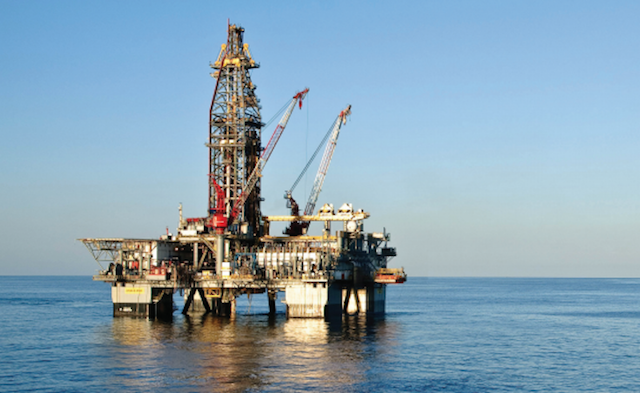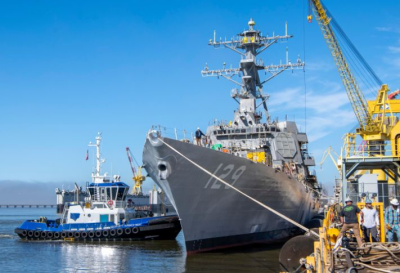A powerful oceangoing tug lugging a fuel barge up the East Coast is clearly a towing vessel. And a towboat on the inland rivers pushing a cluster of coal barges also fits the bill. But as vessels handle new roles in the offshore energy industry, the definition of a towing vessel can go beyond traditional ones we recognize. This was illustrated by a recent decision from the U.S. Court of Appeals in the Fifth Circuit.
The matter arose in the Gulf of Mexico and involved something known as a towfish, which is an underwater sonar device. The one here was about 7.5' long and shaped like a torpedo. It was deployed by Tesla Offshore to conduct a high-resolution survey of the Outer Continental Shelf. Tesla chartered a vessel from International Offshore Services for the tow. While reeled out with about 14,000' of cable, the towfish struck one of the mooring lines of a mobile offshore drilling unit operated by Shell Offshore. This resulted in the line losing tension and a suspension of drilling operations.
Shell sued for damages, with the jury ruling in favor of the company and awarding it more than $9 million. The court’s decision placed 75% of the blame on Tesla Offshore and 25% on International Offshore, which challenged the court’s finding that its vessel was a towing vessel under 46 U.S.C. 2101. The U.S. Code defines a towing vessel as “a commercial vessel engaged in or intending to engage in the service of pulling, pushing, or hauling alongside, or any combination of pulling, pushing, or hauling alongside.”
Why was this towing vessel issue so important? Under federal rules applied by the court here, the master of a towing vessel of 26' or more in length is required to hold a towing license. The captain of the vessel pulling the towfish did not hold the relevant towing credential. International Offshore argued that its vessel was not a towing vessel as a matter of law. It didn’t dispute the court’s analysis under a plain reading of the statute, but it felt that the statute could produce absurd results if applied literally.
On appeal, the higher court upheld the lower court’s decision that International Offshore’s vessel was a towing vessel, thus it was subject to the federal rules mentioned above. This shows that although maritime law deals with terms that seem simple on their face, such as “seaman” or “vessel,” multimillion-dollar lawsuits can be fought over how such terms are interpreted.





